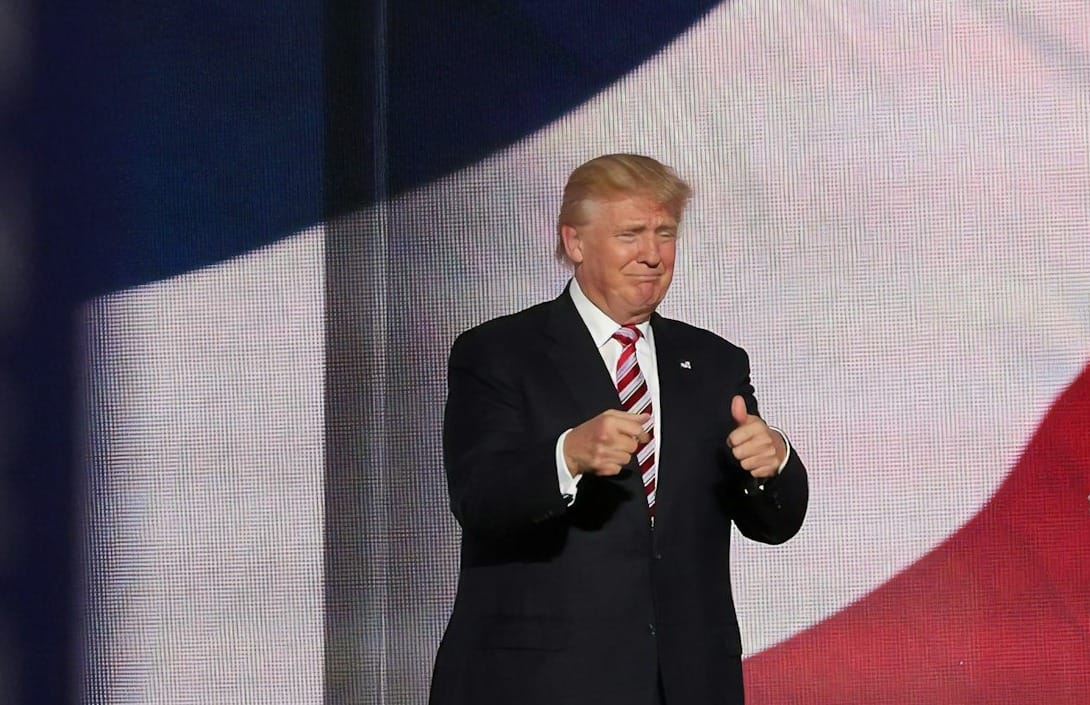Judge Removes Trump from Ballot

Illinois joins the growing list of states excluding former President Donald Trump from the 2024 presidential ballot due to his alleged role in the January 6, 2021, events at the U.S. Capitol.
Judge Tracie R. Porter's recent memorandum of judgment and order declared Trump's purported involvement in "insurrection or rebellion" against the United States as grounds for disqualification from presidential candidacy under the 14th Amendment to the Constitution.
"The Illinois State Board of Election shall remove Donald J. Trump from the ballot for the General Primary Election on March 19, 2024, or cause any votes cast for him to be suppressed, according to the procedures within their administrative authority," Porter asserted.
However, Porter has temporarily halted the order, anticipating an appeal from the Trump campaign or a decision from the United States Supreme Court in Anderson v. Griswold that could contradict her ruling.
Trump campaign spokesman Steven Cheung vowed a swift appeal, condemning Porter's decision as "unconstitutional."
You can read the entire memorandum of judgment and order, including the appendices, HERE.
In her judgment, Porter referenced the findings of the Colorado Supreme Court, which she deemed compelling. However, the U.S. Supreme Court, in its review of the Colorado decision, appeared less convinced during arguments on February 8.
During these arguments, justices expressed concerns about states dictating presidential candidate eligibility. Chief Justice John Roberts warned that allowing such decisions could limit electoral choices to just a few states, potentially undermining the democratic process.
Justice Samuel Alito voiced apprehension that such actions could create chaos in national elections.
The 14th Amendment, Section 3, prohibits individuals who have engaged in insurrection or rebellion against the United States from holding certain offices. While some experts argue that the presidency isn't covered by this provision, others, including liberal SCOTUS Justice Ketanji Brown Jackson, have raised questions about its applicability.
The Supreme Court's decision in Anderson v. Griswold is eagerly anticipated, with speculations that it might come before the March 5 "Super Tuesday" primary voting. However, the timing of the ruling remains uncertain.